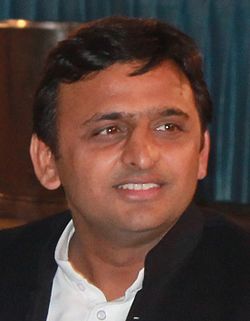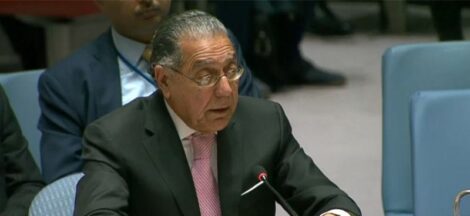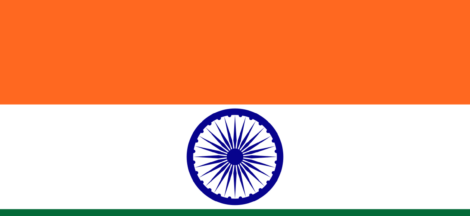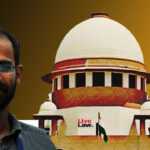Samajwadi Party (SP) leader Akhilesh Yadav intensified criticism against the BJP following a notable Election Commission (EC) decision to reschedule assembly by-elections in Uttar Pradesh. The by-elections, initially set for early December, are now deferred to December 19, a move Yadav claims benefits the BJP and disadvantages the opposition, stirring accusations of bias within the EC. This adjustment impacts eight assembly seats, including Samajwadi strongholds like Karhal and Katehari, along with other strategic constituencies in Uttar Pradesh’s politically charged landscape.
According to Yadav, the rescheduling aligns conveniently with the BJP’s agenda, giving it an “unfair edge” through extended campaign time and tactical recalibrations, particularly in SP-led constituencies. Asserting that this shift undermines electoral neutrality, he questioned the EC’s independence and criticized what he termed the BJP’s undue influence on democratic institutions. Other opposition parties, notably Congress and Rashtriya Lok Dal (RLD), joined the SP in denouncing the delay, collectively alleging that it reflects a deeper institutional partisanship aimed at tilting electoral balance in favor of the ruling party.
The SP’s focus on assembly seats such as Karhal—previously held by Akhilesh Yadav himself—highlights the high stakes in this by-election. Karhal, a constituency with a substantial Yadav voter base, has historically been a Samajwadi bastion, further solidified by Yadav’s decisive win in 2022. The seat’s political dynamics draw significant attention from both the SP and BJP, the latter of which has struggled to secure traction here, despite intensified campaigns and coalition adjustments.
Similar dynamics unfold in Katehari, where the SP has maintained a steady influence. Yadav’s allies argue that the extended campaign period may allow the BJP to disrupt these strongholds through targeted messaging and voter mobilization efforts. Constituencies like Sisamau, Milkipur, and Meerapur have also attracted focus, with opposition parties alleging that the BJP will use the additional time to strategically address key voter segments, particularly Dalits, Jats, and Muslim voters. These groups form crucial demographics across regions such as Awadh, Purvanchal, and Western Uttar Pradesh, where the opposition traditionally draws strong support.
Further complicating the by-election environment, shifting alliances and coalition dynamics heighten the uncertainty in several seats. The BJP’s ally, Nishad Party, previously won Majhawan, a constituency within the Purvanchal belt, while Ghaziabad remains a BJP stronghold. In contrast, Meerapur saw a significant win for the RLD-SP coalition in 2022, underscoring the fluidity and intense competition shaping this round of polls. The Bahujan Samaj Party (BSP), though less influential in this election, could act as a “spoiler” by drawing key segments away from both BJP and SP in various constituencies.
Yadav’s concerns resonate within broader opposition narratives about institutional integrity under the BJP’s administration. Allegations that the EC’s decision-making reflects pro-government leanings have emerged repeatedly in opposition circles, especially as the nation approaches the 2024 general elections. Leaders within Congress and RLD assert that such shifts erode public trust, with Congress spokespersons stressing that “fair play” in electoral conduct is increasingly compromised.




 Court Eases Bail Restrictions on KAPA Accused Journalist
Court Eases Bail Restrictions on KAPA Accused Journalist 